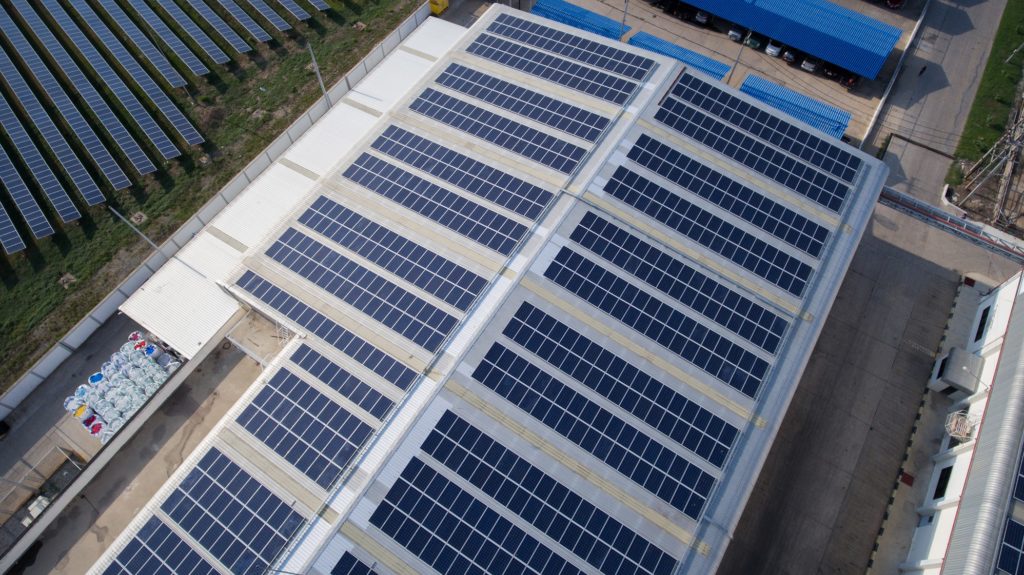Discounts on a German renewable energy surcharge for large manufacturers are compatible with EU rules on state aid, the EU’s top court ruled on Thursday, March 28, 2019.

The case concerns a 2012 German law that imposes a surcharge on consumers and manufacturers to help finance renewable energy development, effectively by providing a price-support scheme.
Certain large energy-intensive manufacturers, such as steel mills, get a discount on the surcharge on the grounds it will help them stay competitive internationally.
In 2014, the European Commission ruled that this advantage amounted to state aid, even though it approved the underlying 2012 law.
Germany objected and filed an appeal, which the EU’s General Court rejected in 2016.
That 2016 court decision, however, did not demonstrate that the money raised by the surcharge is in fact a state resource, according to the European Court of Justice (ECJ).
In particular, it did not establish that the state “exercised public control over the entities responsible for managing those funds,’’ the Luxembourg judges wrote in a press release.
Because the surcharge funds are “allocated exclusively’’ to support renewable energy, “the state was specifically not entitled to dispose of those funds,’’ they added.
Moreover, the fact that this scheme has public oversight does not mean that it falls under public control, they noted. The ECJ ruling also annuls the commission decision, which required that part of the financial discounts in question be paid back, on the same grounds it failed to show that the funds raised by the surcharge are in fact state resources.
